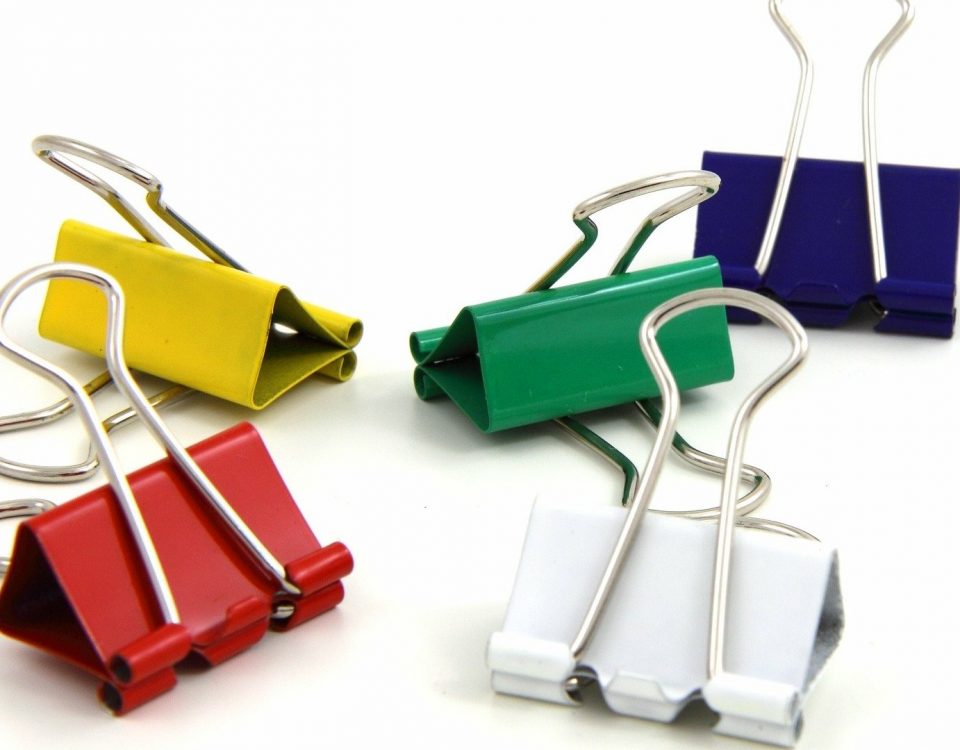
When you stop to think about the blindspots you might have, you’re obviously going to struggle to see something that you can’t see.
Think of your blindspots as you ‘getting in your own way’.
Frasier Crane, played superbly by Kelsey Grammer for so many seasons, routinely got in his own way. In one episode he planned the perfect evening with a lady friend, in control of every well-thought out detail, only to see it collapse due to something the audience could see coming, yet he was blind to. In another episode, he orchestrated a public ceremony in honor of himself, gratuitously attended by hundreds in a downtown park, only to miss it due to a string of transportation snafus brought on by his insistence on wearing a particular pair of Italian shoes that were painfully too small.
Frasier got in his own way because he committed a lot of unforced errors. But since these are blindspots how do you become aware of them?
You get in your own way because of the ‘vice in the virtue’, that is, when your success traits, your virtues, eventually betray you, and become your vices. Here’s an example.
One of my success traits is discipline. I’m naturally effective at getting something done that I put my mind to. Could be a house project, like the 22 x 20 deck I built mostly by myself two years ago. Or, publishing my latest book Blindspots. But because I am good at starting and finishing things I’m not quick to seek help. Therefore, I sometimes lack the patience to slow down the start or finish of a project to take in someone’s advice. Therefore, I often miss out on getting some really good advice. I could point out lots of opportunities in my career where I would have been better off reaching out to someone for feedback or coaching. Thankfully, I am getting better at this.
When a new sales manager doesn’t take the time to get to know his team, the business, and if appropriate the marketplace if that too is new to her, she’s likely to double down on success traits that worked for her in the past. And it’s only a matter of time before this leads to her getting in her own way.
I’ll brag on my wife for a second. She’s held leadership positions in three companies in her career. Each of those was in an industry that she had never worked in. What did she do? She asked tons of questions of the people who reported to her. She asked questions of people in other departments. She visited customers. She avoided jumping to conclusions early. She was patient. Instead of trying to form what she heard and learned into a pre-formed framework or model of what worked in the past, she used her rich experiences to create new models and frameworks for how to lead.
She operates this way because she has a strong desire to learn, she has empathy, she’s humble, and she has no personal agenda to drive. She commits few unforced errors. She avoids getting in her own way.
If you know of anyone who seems reluctant to try new things, or consider alternative points of view, or who doesn’t seek much input or feedback, don’t be surprised to see this person often getting in his own way. These people double down on success traits to a fault – until they become vices that get them into trouble.
Maybe that person is looking back at you in the mirror. Think about your top 3 or 4 success traits. Traits or characteristics that for sure helped you succeed. Think about how you could ride these traits too far to where they get you in trouble. This week be more aware of how you are using these traits, in meetings with customers, with people on your team, or with your peers. It’s important not to judge yourself if you catch yourself pushing it too far. If you judge you’ll be tempted to shut down the observation and the lesson could go to waste. You’ll have to learn to accept that your next significant growth will come by failing or ‘falling’ and learning.



